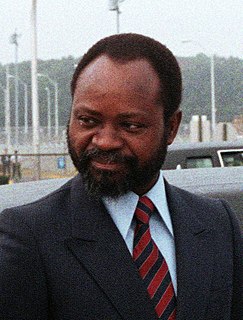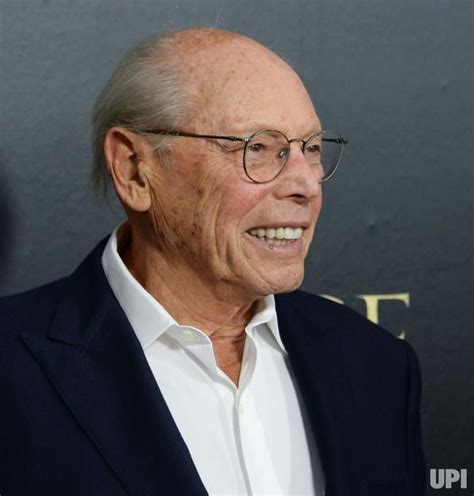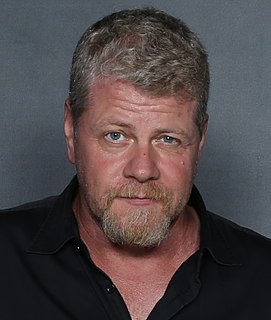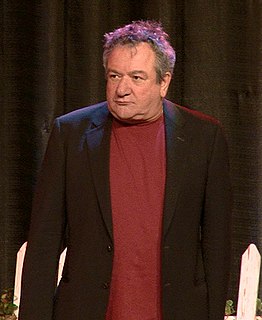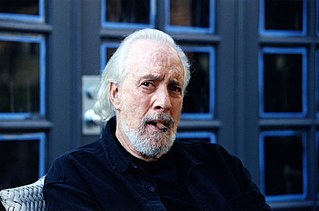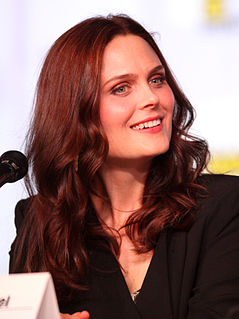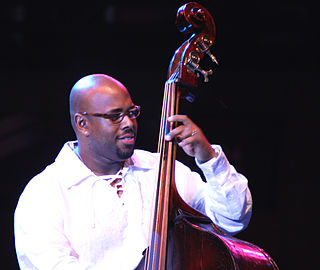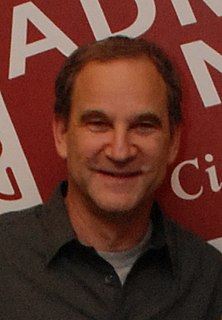A Quote by Barry Levinson
Everybody's trying to hold onto some shred of dignity in the process of it all, and, at the same time, never talking about how they don't have the power. No one has the power. So, you know, producers - we always think, "Well, producers are very powerful," but producers don't really have the power.
Related Quotes
Producers - we always think, "Well, producers are very powerful," but producers don't really have the power. It's the appearance they might, but they don't. Even the actors don't. Even the studio heads don't, because they're beholden to this corporation and what the corporation wants. So no one really has the power, and everybody's trying to get through the day, and everybody's nervous and desperate.
Relative to the power that movie stars have, and producers and directors, I would say that even the most respected screenwriters have very little power in Hollywood. I don't think it's in the nature of the writer's profession to go after that power. Writers spend their time alone, hallucinating, writing, making these things up, while these other people are out schmoozing, making connections, meeting each other. They are trotting the corridors of power and making sure they've put their own imprints in it. And they're promoting themselves and their images, as they should.
So, it's a delicate thing, but at the same time our producers and writers are very much aware of the potential downfall that could ensue so I think they're going to be very careful about how they do that. At the same time I don't think they want to leave the characters in the same holding pattern that they've been in for a while. I think that they're all trying to put the characters in a different situation.
The people who've done well within the [Hollywood] system are the people whose instincts, whose desires [are in natural alignement with those of the producers] - who want to make the kind of movies that producers want to produce. People who don't succeed - people who've had long, bad times; like [Jean] Renoir, for example, who I think was the best director, ever - are the people who didn't want to make the kind of pictures that producers want to make. Producers didn't want to make a Renoir picture, even if it was a success.
Our business,The Producers Guild, has a good record in some areas, and a bad record in others. There are many well-intentioned people trying to change things. The Producers Guild has been committed to this for years now, and I think personally does more than any other guild to give opportunities to people who come from outside of, I guess you'd call it, the expected avenues for advancement.
Me, I always wanted frost power.” “Frost power?” “Yeah.” Seth gestured dramatically toward my coffee table. “If we’re talking superhero abilities. If I had frost power, I could wave my hand, and suddenly that whole thing would be covered in ice.” “Not frost?” “Same difference.” “How would frost and/or ice power help you fight crime?” “Well, I don’t know that it would. But it’d be cool.
Phil Ramone and Quincy Jones were very close. Phil Ramone was one of the greatest record producers of all time. I don't know if they talk about him enough in the film, but he produced [Frank] Sinatra, Barbra Streisand, all of Billy Joel, Paul McCartney - Phil Ramone was one of the major record engineers and producers.


